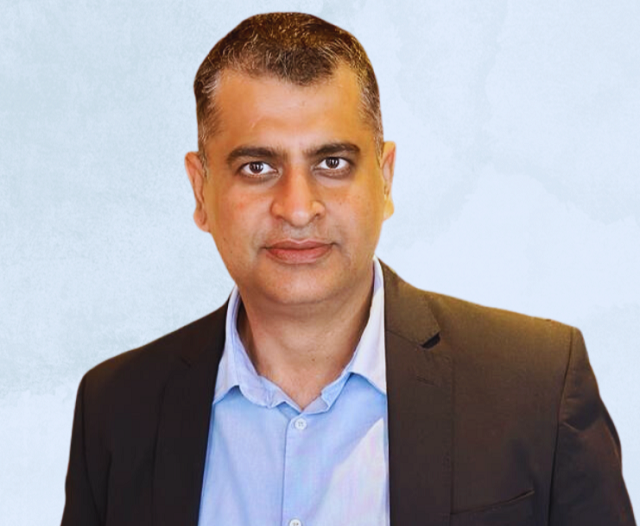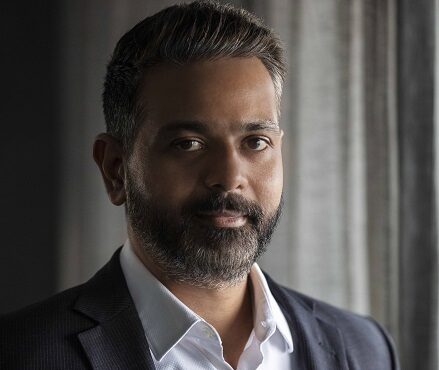
CXOToday has engaged in an exclusive interview with Prem Naraindas, CEO & Founder, Katonic AI.
Can you provide an overview of the current state of the artificial intelligence industry, and what trends or developments are shaping its future?
The artificial intelligence (AI) industry has more attention right now than in decades. This means there is a huge infusion of funds and talent, making this kind of rapid development possible. While AI has been around for decades, everything changed when Generative AI became publicly accessible. For the first time, everyone could interact with AI without worrying about coding, which has become a turning point for AI.
I see firsthand how Gen AI adoption across industries and sectors, which you could not typically assume to be high-tech.
There are 2 key reasons behind this.
- The availability of large and impressive open-source Large Foundational Models allows even small organisations to reduce their costs of adopting AI. Meta’s LAMA 2 and Falcon 180B are two great examples of open source LLMs which are publicly available.
- Generative AI removes organisations’ need to have neatly structured data. Many organisations struggle with data quality and cannot adopt newer technologies or tech stacks. Since Large Foundational Models are already trained on petabytes and petabytes of data, organisations can start using them with very little training data. A large pool of our customers are, in fact, small and medium-sized organisations that have started using generative AI to solve their business problems.
The future will belong to organisations that build their own LLMs. By developing proprietary LLMs, organisations can tailor AI capabilities to their specific requirements. This customisation process allows for a superior understanding and interpretation of industry-specific terminology, which is integral to business communication. This nuanced understanding enhances data-driven decision-making processes by providing more accurate and relevant insights from large amounts of unstructured data. Furthermore, it will improve customer interactions by enabling more effective communication, better understanding of customer needs, and providing more personalised services. Therefore, custom-built LLMs give organisations a significant competitive edge in today’s highly competitive, data-driven business landscape.
How does Katonic AI fit into the broader AI ecosystem, and what unique contributions does your company make to the field?
While there are a lot of solution providers out there who provide standalone solutions for particular problems, we are a platform. Katonic offers businesses a single platform to build their own Generative AI and ML applications. This means that once you have access to the platform, you can infuse both Generative and traditional AI across your entire organisation. This unique differentiator is working for us because business leaders realise that AI can solve not just many problems across their entire organisation. A platform like ours gives them ownership and allows them to build capabilities to build a truly AI-driven organisation.
The platform is completely no code, which means even business users can build a powerful app in days instead of months. They have the freedom to choose from 70+ of the world’s large foundational models because the Katonic platforms run in a Kubernetes cluster and can be deployed anywhere, such as multi-cloud, on-premises, or the edge. For organisations wanting to fine tune and even build their own models, we are amongst the very companies who have the capabilities to allow them to do this.
What are some of the key challenges and opportunities you see in the AI industry today, and how is Katonic AI addressing these challenges?
Organisations want to understand and start using AI but have some concerns. One of the key concerns is data security. There has been lot of noise about how LLMs can be prone to hallucinations, bias or lead to exposure of sensitive data.
That’s where Katonic AI comes in. The Katonic Generative AI Platform enables large and small businesses to rapidly harness the transformative power of Generative AI without the traditional risks of data security or data hallucinations. Katonic installs on the organization’s infrastructure, which means that their data does not leave their premises and all their security measures and policies are strictly adhered to. The model is trained to respond to queries and perform tasks which are only and only limited to the information that it has been trained on. The platform has built in features to ruthlessly eliminate hate, bias and leaks during model training. Since we support multiple LLMs, organisations can even choose a model, like Lama2 where even encrypted data in form of embedding, does not leave their premises.
What specific solutions and services does Katonic AI offer, and what industries or sectors do you primarily target?
This is where Generative AI is different. It is not restricted to any industry or sector anymore. Even sectors which you would not associate with deep or hi-tech are now embracing AI, thanks to the power and simplicity of Generative AI.
Those just kickstarting their Generative AI journey, need little in terms of in-house talent, infrastructure or cost to start small and fast. Businesses can now easily build powerful AI applications in minutes using the intuitive yet powerful no-code Katonic Generative AI Platform. Earlier, building such powerful applications used to take months. Some of the most popular applications businesses use are AI-powered Assistants and chatbots, applications to extract, summarise, and classify information, code generators, advanced data analysers and moderation engines.
Building a successful AI company requires talent. How does Katonic AI attract and retain top talent in the highly competitive AI job market?
Demand for talent in this industry is at an all-time high, but extremely limited. That’s why, at Katonic AI, we don’t believe in geographical boundaries. We are 100% remote, so we can attract talent from across the globe. We have data scientists, engineers, marketers from the remotest towns in India to Australia and Singapore. As a Founder, I spend a lot of time to understand what my people need and expect from their work environment. We focus on acquiring skilled people rather than trying to fill pre-existing roles. Once we have attracted them into our system, our focus is to imbibe a sense of ownership in all our people. That way, they feel proud of the product and the company we have built.








